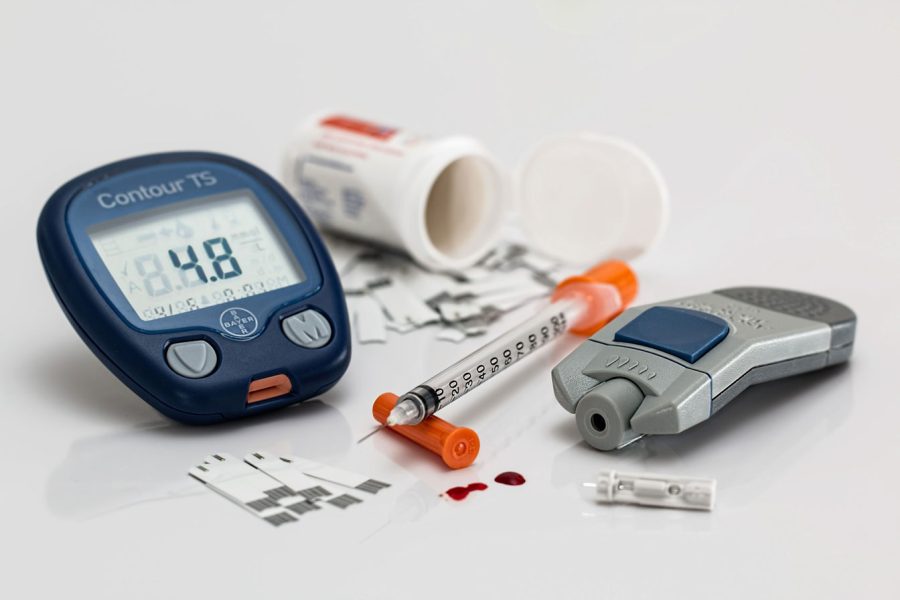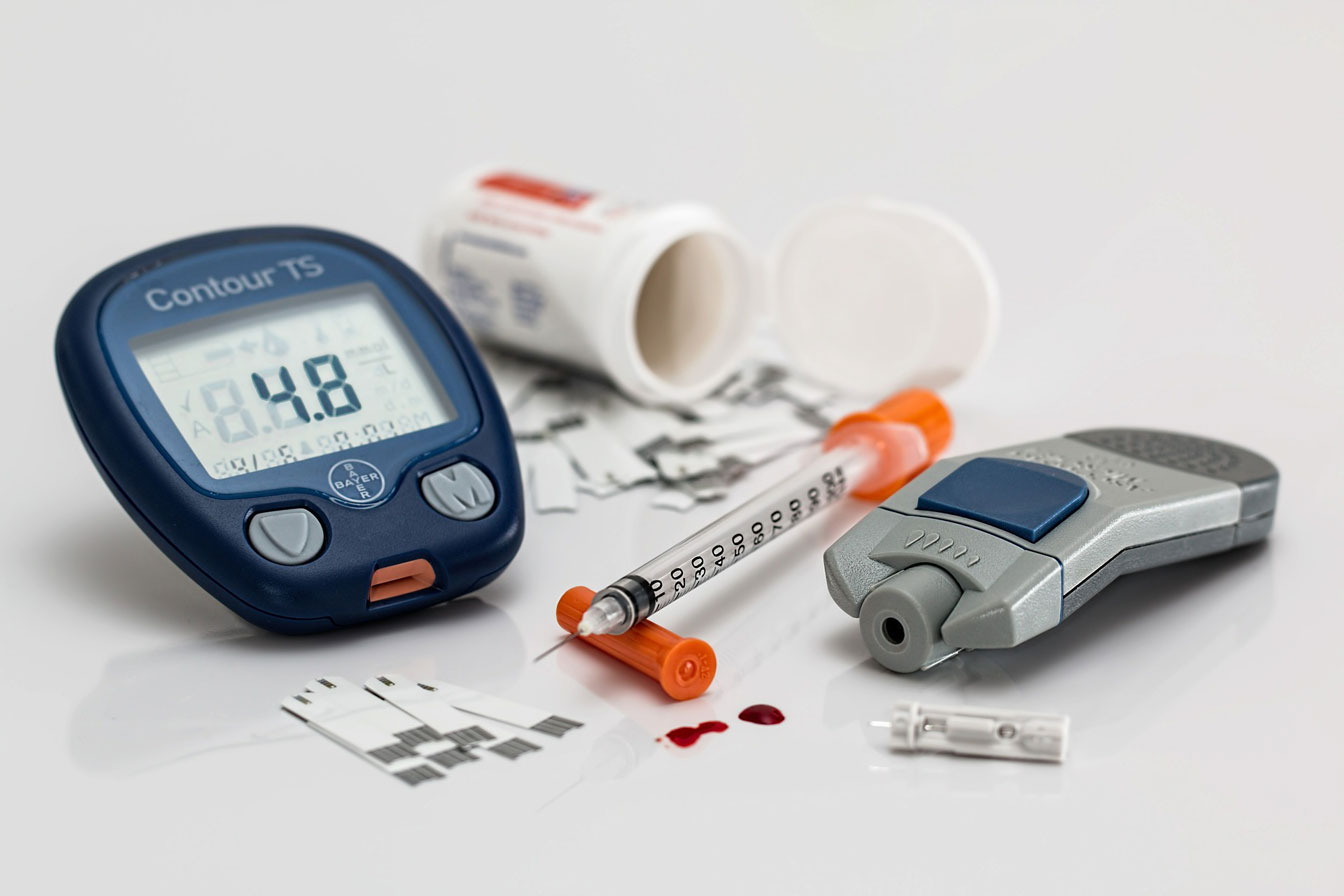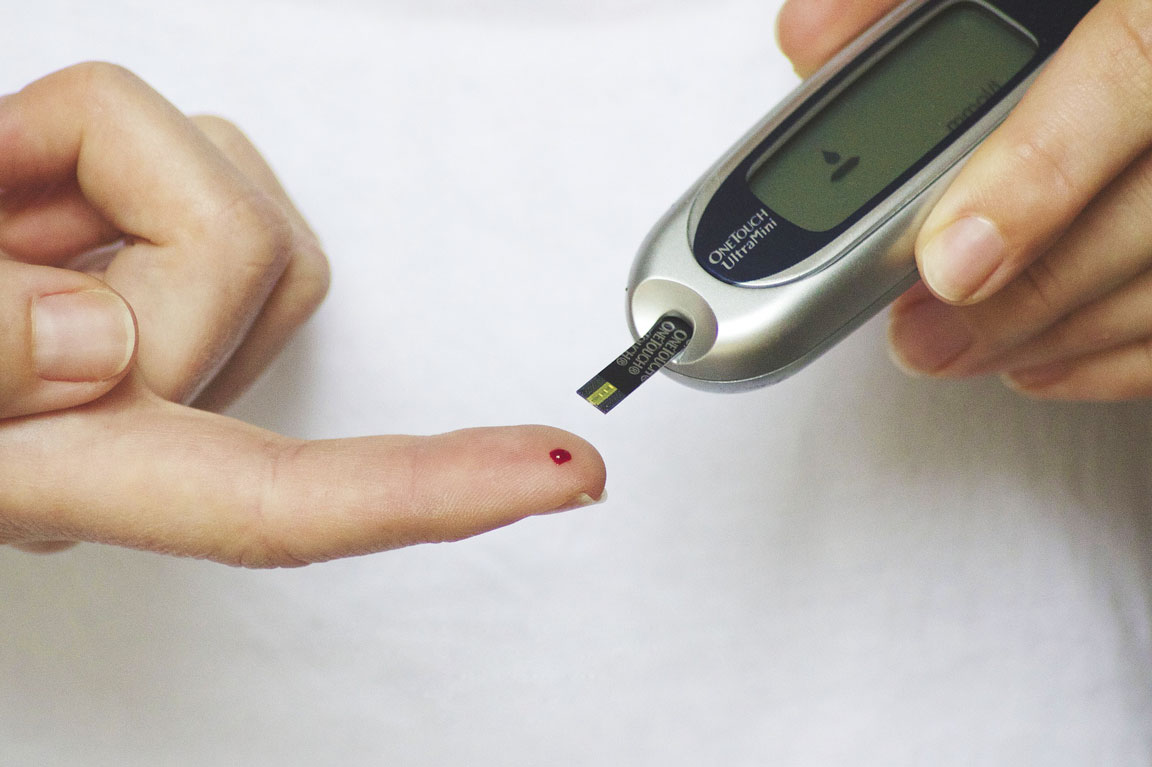If I Have Diabetes, Can I Qualify for Disability Benefits?
November is National Diabetes Awareness Month, and November 14 is World Diabetes Day. In the U.S., more than 100 million adults live with diabetes or prediabetes, according to a report by the Centers for Disease Control and Prevention (CDC) released this July. In 2015, the CDC found that 30.3 million American adults have diabetes, and […]

November 8, 2017

November is National Diabetes Awareness Month, and November 14 is World Diabetes Day. In the U.S., more than 100 million adults live with diabetes or prediabetes, according to a report by the Centers for Disease Control and Prevention (CDC) released this July. In 2015, the CDC found that 30.3 million American adults have diabetes, and 84.1 million have prediabetes. Prediabetes typically leads to type 2 diabetes within just a few years.
The National Diabetes Statistics Report showed that nearly 25 percent of diabetic adults didn’t even know they had the disease. That number jumped to just over 88 percent for adults who had prediabetes. Nearly 1.5 million new cases of diabetes were diagnosed in 2015.
Diabetes affects a significant percentage of the American population, many of whom have other disabling conditions that limit their ability to work. If you have diabetes, you may be wondering if you’re eligible for Social Security disability benefits. Does it matter which type you have? How severe does your diabetes have to be in order to qualify? We’ve taken a look at what the Social Security Administration (SSA) has to say about this increasingly common condition.
Diabetes: Type 1 and Type 2

According to WebMD, diabetes is a condition in which the body’s blood sugar levels are consistently higher than normal. Insulin is the hormone that allows sugar to get into our cells to give our bodies energy. If you have diabetes, your body is either not producing insulin or not using it effectively.
Type 1 diabetics cannot produce insulin. Their immune system has destroyed the cells in their pancreas that make insulin. Without insulin, sugar builds up in the blood, and cells starve. This can lead to a number of health problems, including:
- Weight loss
- Dehydration
- Heart attack
- Stroke
Only 5 percent of diabetics have type 1 diabetes, according to the American Diabetes Association. The remaining 95 percent have type 2 diabetes. Type 2 diabetics can produce insulin, but their cells can’t use it correctly. Untreated, type 2 diabetics can cause problems with your heart, blood vessels, kidneys, eyes, and nerves.
You can qualify for disability benefits regardless of what type of diabetes you have. However, there are other factors that may affect your eligibility, such as whether or not your diabetes is controlled or uncontrolled.
Uncontrolled vs. Controlled Diabetes

One big concern when it comes to applying for disability benefits is whether or not your diabetes is controlled or uncontrolled. Controlled diabetes means your blood sugar level is within a healthy range because of behaviors within your control: eating the right foods, exercising, and taking any prescriptions, for example. Uncontrolled diabetes means your blood sugar is outside of a normal or healthy range. Typically, people may develop uncontrolled diabetes if their behaviors are either not helping or are actively harming their condition.
In order to qualify for disability benefits, your diabetes may be controlled or uncontrolled. However, you cannot qualify if your diabetes is uncontrolled because you aren’t following your doctor’s prescribed treatment. Your diabetes also must have prevented you from working for the past year or be expected to prevent you from working over the next 12 months.
The SSA’ s Listing of Impairments

Finally, we must look to the SSA’s Listing of Impairments. The Listing of Impairments is a collection of conditions that the SSA considers severe enough to prevent a person from engaging in substantial gainful activity (SGA). Essentially, if your condition is in the Listing of Impairments, you meet the SSA’s requirements to prove that you’re medically disabled. (However, you still need to meet the financial requirements in order to qualify for benefits.)
The SSA evaluates endocrine disorders like diabetes by determining whether or not they cause problems in other parts of the body. That means it’s not enough to show that you’ve been diagnosed with diabetes in order to receive benefits. You have to have complications arising from your diabetes that inhibit your ability to work.
As mentioned before, there are many health problems that can result from both Type 1 and Type 2 diabetes. Remember, any health problems you have cannot be the result of ignoring your doctor’s treatment plan if you want to qualify for benefits.
Help from an Indiana Disability Lawyer
If you have been diagnosed with diabetes and are interested in applying for Social Security disability benefits, Hensley Legal Group can help. Whether you’re filling out an initial application or preparing for a final hearing, our disability lawyers can help you strengthen your case. Call us today or contact us online for a free consultation.
Available 24/7
Free Case Review
You won’t pay any fees until we win your case.
It’s easy - you can: